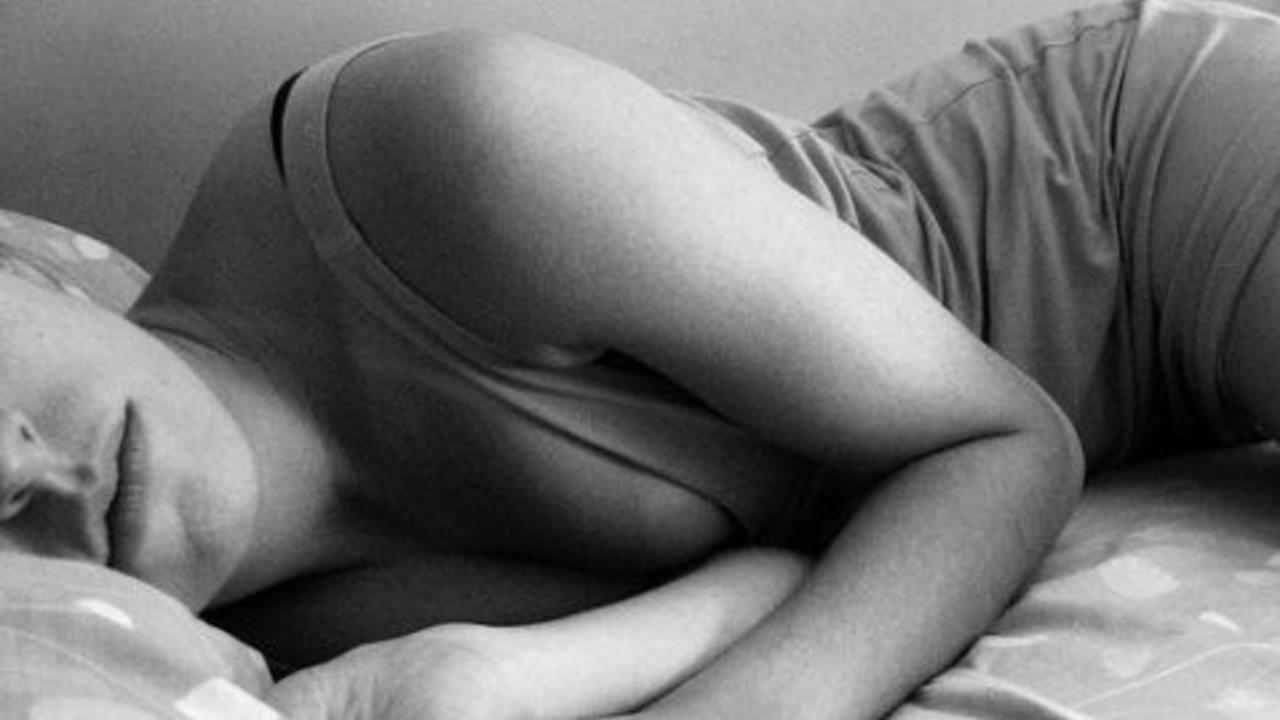"I Used To Sleep Terribly, Until I Learned These Tricks..."
Sep 24, 2016
It’s excruciating to find yourself tossing and turning the whole night long in a desperate attempt to get to sleep. Despite feeling horribly tired and eager to get some well-deserved rest, you find yourself staring at the clock into the early hours, sleeping fitfully and waking frequently throughout the night.
And nothing you do ever seems to make a blind bit of difference.
And worse still, it can feel as if you’re the only one in the world suffering, and that you’re slowly going slightly mad. It might make you feel a little better to know that this is very common with women of all ages (especially when the menopausal years approach) and even with men too.
But the fact that it’s common doesn’t make it any more bearable- as well as being incredibly frustrating, sleeplessness also has a massive effect upon your quality of life, your happiness and even your menopausal symptoms.
So today I’d like to explain the really easy tricks you can use to overcome your insomnia and finally get the best night’s sleep of your life. Let me explain.
How sleep works
Sleep is controlled by two things:
- Your body clock, otherwise known as your circadian rhythm
- Sleep/wake homeostasis.
Your body clock regulates your sleep-wake cycle, and sleep/wake homeostasis is like an internal timer which controls your need for sleep. These two processes work together to ensure regularity and balance.
Additionally, a hormone called melatonin plays an important role. After the sun sets, your levels of this hormone rise and you start to feel increasingly sleepy…
Understanding how this all works can help you to get to the root of your sleep issues and find the best course of action.
How to help yourself sleep better
There are many easy and straightforward tricks you can use to help regulate that body clock, increase melatonin levels naturally and prepare for a restful and rejuvenating night’s sleep. They include:
Be consistent with bedtimes
The most powerful trick for a better night’s sleep is to be consistent with your bedtimes. This will help your body understand when it’s time to go to bed, and set the stage for restful sleep.
Sit down now and decide what time your bedtime will be and what time you will wake up. Then stick to it! It doesn’t matter what day of the week it is-you must be consistent. Your body clock will thank you for it.
Turn off your devices
It might seem an innocent enough habit, but watching television, using the computer, using your smartphone or even reading an eBook until late will harm your quality of sleep and increase your chances of suffering with insomnia.
This is because these devices emit blue light which directly interferes with your body’s production of the sleep hormone, melatonin. Additionally, they tend to keep your brain stimulated well into the evening and thus prevent you from properly winding down.
Simply turn off your devices around two hours before your bedtime and turn your attention to more relaxing tasks instead (such as your relaxing bedtime routine!). You’ll be astonished with how quickly you manage to drop off!
If you really must use technology, consider installing software such as F.lux or Twilight which will reduce the blue light and ease their effects.
Get a great bedtime routine
There’s no way in the world you can expect to hop into bed and drop off immediately. Your body and mind need a little more persuasion, in the form of a solid bedtime routine. This reinforces those circadian rhythms and helps your brain switch off when it should.
To get started, consider what your perfect bedtime routine would look like. Could you take a relaxing bath? Meditate? Practice some yoga? Write in your positivity journal? Read a relaxing book? Then you simply need to do it so you feel sleepy and relaxed before bed.
Avoid stimulants
That late afternoon cup of coffee, glass of wine or even cigarette could be the culprits behind your disturbed sleep, so it’s worthwhile to consider avoiding them late at night.
Caffeine has been proven to delay the release of melatonin and set your body clock back by up to ninety minutes, resulting in a kind jet lag effect. It also increases your levels of the stress hormone cortisol which disrupts the balance of all of your other hormones and makes any symptom far worse.
Alcohol is a stimulant which causes you to skip that healing REM (dreaming) sleep, and smoking also stresses your body and prevents you from falling asleep when you should.
Simply stop drinking caffeine after 2pm and reduce your late-night alcohol and cigarette consumption.
Beat stress
We’re all under a certain amount of stress on a daily basis, even if we barely notice it. But this stress can raise our cortisol levels, interfere with our hormones and affect our sleep. You’re more likely to find your brain still ticking over at midnight worrying when you are feeling like this and you are far more likely to wake up feeling groggy.
Luckily, stress is quite straightforward to resolve. Great tricks include taking time to relax and disconnect from the day, dedicating more time to doing the things you love and also not being afraid to ask for help and support when you need it.
You can also learn a ton of self-help techniques such as positive visualisation, self-hypnosis and anchoring which can help you deal with your stress more effectively.
It’s easy to get a better night’s sleep when you know how sleep actually works, and which tricks are the most effective in the battle against insomnia. So it’s time to put it into action: develop a bedtime routine, be consistent, target your stress, and avoid stimulants and you’ll soon be sleeping like a baby!
Image © Seniju, licensed under C.C 2.0
Words © Pamela Windle





